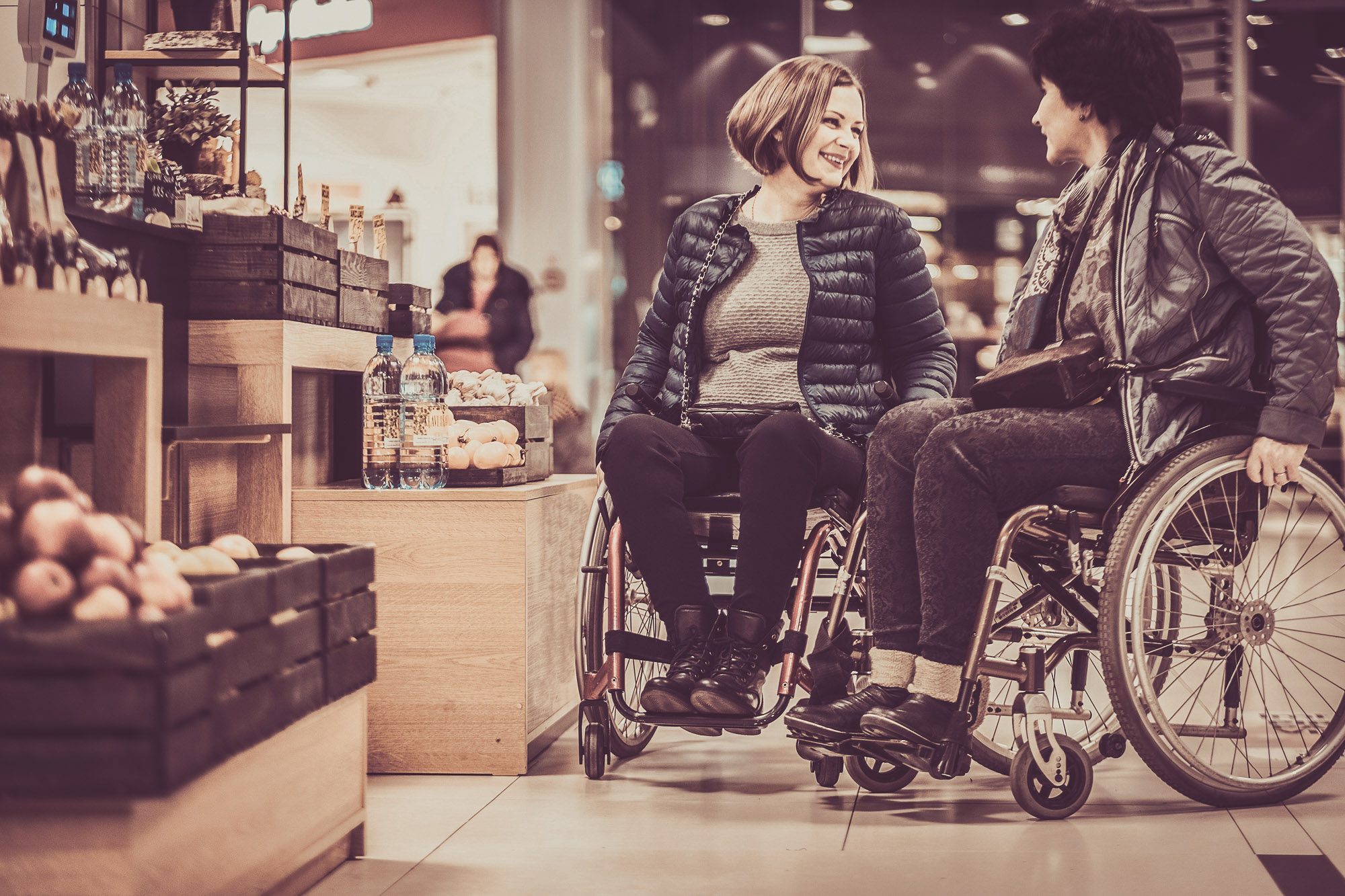It is safe to say that Covid-19 has had a huge impact on all of our lives, but what about disabled people who already face additional challenges in their day-to-day life?
With the disability employment gap already being at 28% before Covid-19, there are fears that this may increase due to the potential rise in unemployment. Furthermore, with the need for many people to self-isolate, there may be a disproportionate effect on disabled people who already face many obstacles when looking for a job.
Some of the main impacts of Covid-19 on jobs for disabled people include:
Lack of Support
The closure of job centres, libraries and training providers means there has been limited support for disabled people over lockdown. Services like Jobcentre Plus will have changed their way of working which will have left many disabled people at a disadvantage when trying to find work, enrol in training courses and gain support to help stay in employment.
Shielding
The need for many disabled people to self-isolate has meant those who have done so have been unable to go into work. For many disabled people, especially those who are self-employed, this has meant facing possible financial difficulties. Furthermore, disabled people who live by themselves may have experienced increased loneliness and feelings of isolation due to having to stay in the house.
Working from Home
Although there have been many negative impacts for disabled people during Covid-19, working from home has been a big part of keeping people working throughout. Looking into the future, this seems to be something that companies will continue to utilise, possibly benefiting disabled people who find it difficult or expensive to travel to and from work every day.
What Can be Done to Improve the Situation?
Employers can implement many changes to ensure that disabled people are able to continue working safely and happily in the aftermath of Covid-19. Changes that may be necessary include:
Providing Critical Adjustments
With many homes becoming the new workplaces, disabled staff may require equipment they usually use in the office to be available for them at home. This may include any assistive technology or specialist chairs that allow disabled workers to work comfortably and effectively. Alongside this, there could be a possible change in working hours to decrease the stress and pressure related to returning to work.
Providing Safe Working Conditions
As those with disabilities may face extra complications due to covid-19 is it imperative to ensure safety within the workplace upon their return. This includes firstly carrying out a risk assessment to make sure it is safe for employees to return to work, ensuring a high level of cleanliness and hygiene in work facilities, implementing measures to maintain social distancing, and providing any protective equipment such as masks, visors and gloves if necessary.
Keep in Regular Contact
It is vital for companies to keep in contact with their disabled employees who may still be on furlough, working from home or are already back in the workplace. This is to check-in on how they are doing, let them tell you about how they are feeling and share information if there is anything going on in the business that may affect them.
Providing Mental Health Support
In such a worrying and uncertain time, Covid-19 will have had a negative impact on many disabled people’s mental health. With 73.6% of disabled adults reportedly feeling worried about the effect of Covid-19 on their life, it is imperative there is support and assistance available to those who need it.











